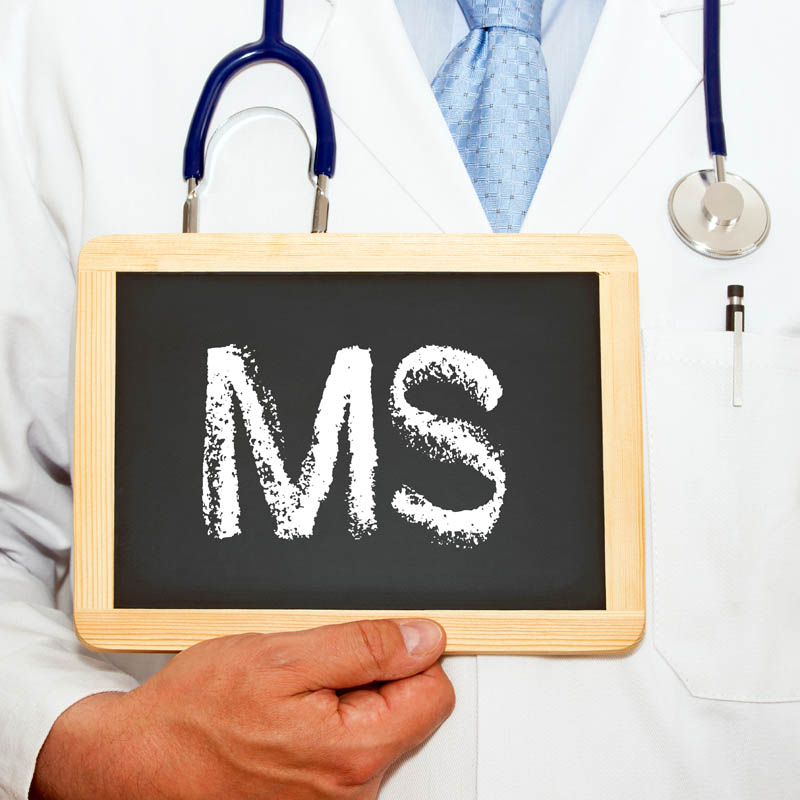MS is one of the most common neurological disease for those between the ages of 20 and 40 with around 2.3 million cases worldwide. MS treatments are now more effective than ever with a variety of new options for those that want to live a happy and fulfilling life. If you or a loved one has recently been diagnosed with multiple sclerosis, then take a look at these five tips that can be used to cope with this disease and its side effects.
1. Arm Yourself With Knowledge
Just as with many other neurological disorders, there are quite a few myths surrounding multiple sclerosis. This is why the single best thing that patients can do is arm themselves with knowledge about their condition and what the future will hold for them. MS is an autoimmune disease that affects the central nervous system and is almost never fatal. Patients may be surprised to hear that they can potentially manage their disease without a wheelchair.
2. Remember That Symptoms Change
One of the most confusing facts about MS is that no two patients exhibit identical side effects and symptoms. Some patients will even notice that their symptoms change over time depending on how well they are managing this condition. Certain symptoms can remain with you for your entire life while others will come and go. Some of the most common symptoms of MS include slurred speech, tremors, fatigue, bladder dysfunction, blindness, and memory problems. Physically keeping track of these symptoms and sharing them with your doctor will improve the effectiveness of your treatment.
3. Early Treatment Is Vital
The sooner that a healthcare professional can accurately diagnose and treat your condition, the better it will be for you in the long run. There are a number of promising new medications that are currently being tested or have been released that appear to slow or alter the symptoms of MS. An early diagnosis will also help patients begin the process of making lifestyle changes. Untreated MS is much more likely to progress at a quick and unpredictable rate.
4. Remove MS Triggers From Your Life
MS triggers vary between every single patient and can be difficult to track at first. Some situations such as drinking heavily will cause what appears to be inebriation, but is actually masking an impending relapse. Patients want to begin by reducing or completely removing alcohol and smoking from their daily habits. In some individuals, extended sun exposure and hot baths also seem to trigger a relapse. For most patients, however, extreme fatigue is the leading sign of a relapse.
5. Take a Look at Alternative and Complementary Treatments
Studies show that around 30 percent of patients with MS engage in some form of non-traditional or complementary treatments. Even if these options are not designed to directly treat MS or its symptoms, they have been shown as a beneficial way to treat the stress of being diagnosed with this condition. Some of the most popular options include acupuncture, guided imagery, meditation, and massage. When combined with traditional medical options, patients may find themselves better equipped to manage this disease.
